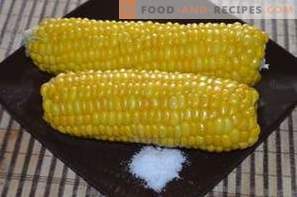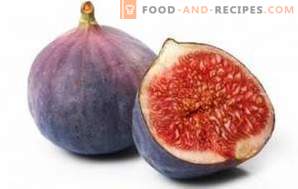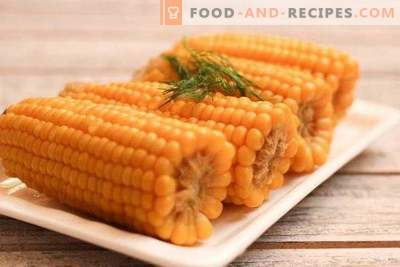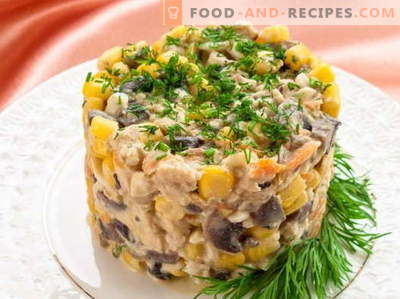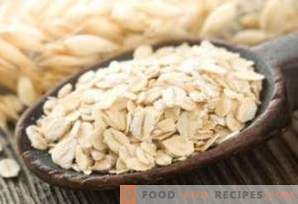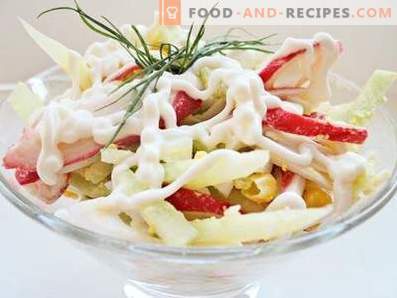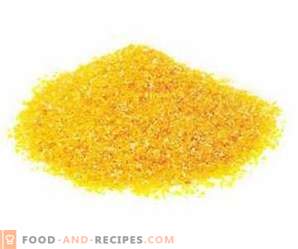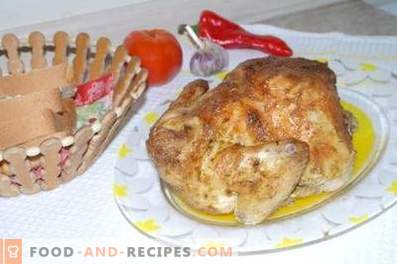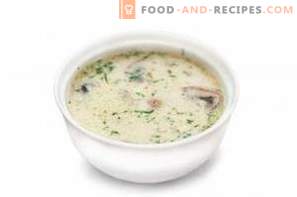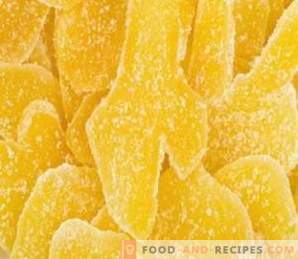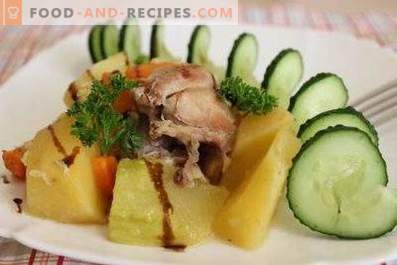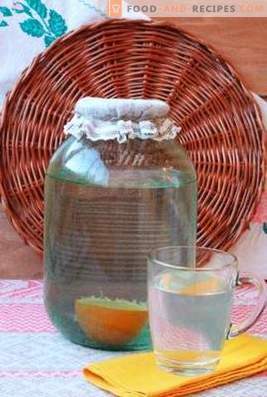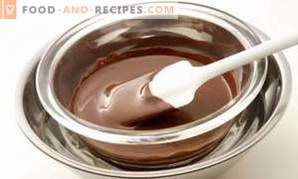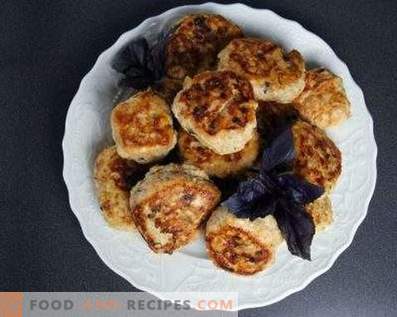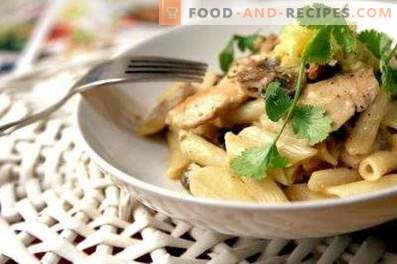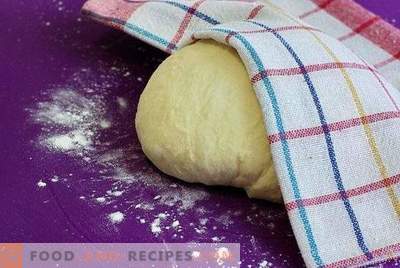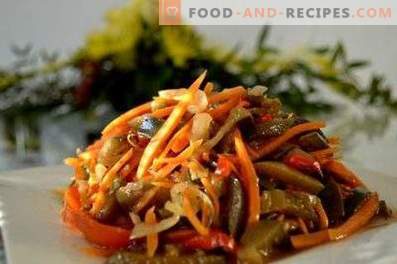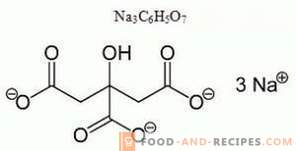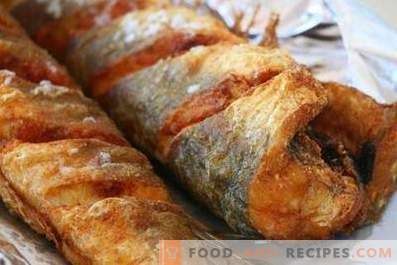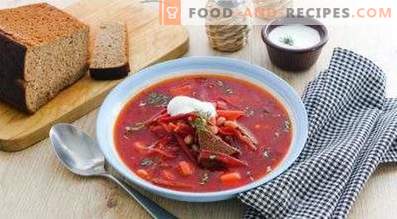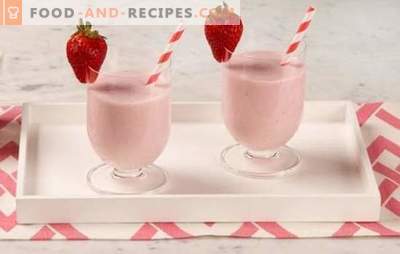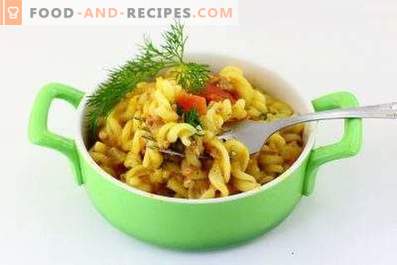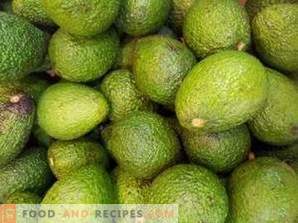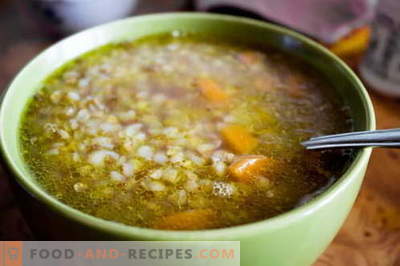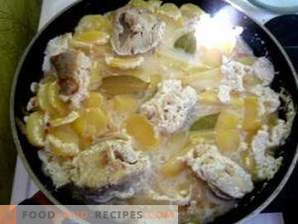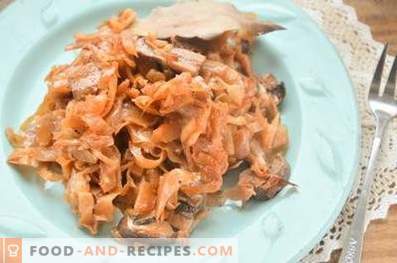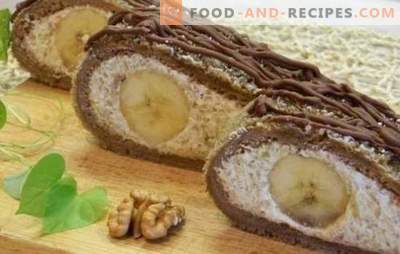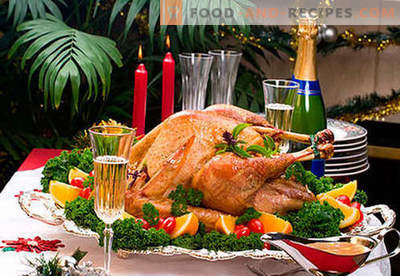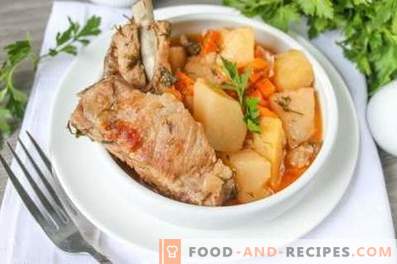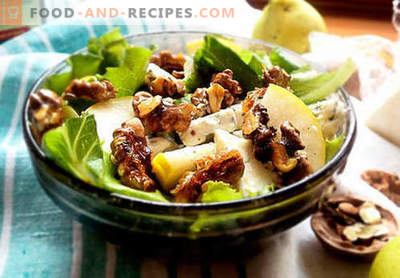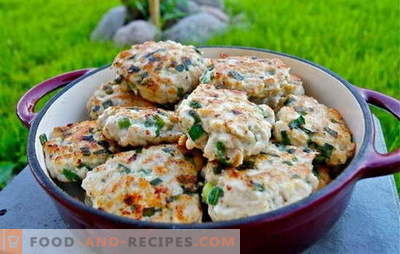
Corn is not only tasty, but also beautiful. She is loved by many housewives, because any dish will change if you add bright, sunny grains to it. In summer, corn cobs are the best delicacy on the nature, in the forest or on the beach. In winter and autumn we have to be content with frozen and canned corn.
I wonder if the corn is safe for the figure? How much can you eat to avoid getting fat?
How many calories in corn
One hundred grams of sweet boiled corn contains about 95 calories. When weighting the cob, keep in mind that at best you will eat a third, the rest of the weight will remain in the solid core. So with such a caloric content, even people on a strict diet can safely eat 1-2 small corn cobs per day.
By the way, to make boiled corn juicy, do not rush to pull it out of the hot water, let it cool right in the broth. It will absorb liquid and is guaranteed not to be dry.
Canned corn is still less calories, 100 grams contains about 60 calories. In wintertime, canned corn can be added calmly to dietary salads; it doesn’t hurt your figure. Canned corn goes well with white cabbage, chicken egg, fresh cucumber, chicken meat, carrots. But when cooking it is necessary to consider not only the caloric content of a product. It is very important to eat with benefit, and for this you need to know the nutritional value and chemical composition of what you plan to eat. Freezing and preservation do not strongly affect corn, it remarkably preserves vitamins and minerals.
100 grams of corn contains 3, 4 grams of protein, 1, 6 grams of fat, 20, 1 gram of carbohydrates. As well as 2, 5 grams of dietary fiber, 0, 7 grams of ash, 7, 2 grams of starch, 73, 1 gram of water, 4, 5 grams of mono- and disaccharides and 0, 2 grams of saturated fatty acids.
Corn contains the following vitamins:
- choline - 29 mg;
- Vitamin C - 5, 5 mg;
- Vitamin PP 1, 68 mg;
- Vitamin B5 - 0, 79 mg;
- Vitamin B6 - 0, 14 mg;
- Vitamin B1 - 0, 0931 mg;
- Vitamin E - 0, 091 mg;
- beta-carotene - 0, 07 mg;
- vitamin B2 - 0, 06 mg;
- Vitamin A - 13 mcg;
- vitamin B9 - 23, 2 µg;
- vitamin K - 0, 41 μg;
The composition of maize includes such macronutrients as:
- potassium - 218, 02 mg;
- phosphorus - 77, 12 mg;
- magnesium - 26, 2 mg;
- calcium - 3, 1 mg;
- Sodium - 1, 01 mg.
And the following trace elements:
- zinc - 0, 63 mg;
- iron - 0, 46 mg;
- manganese - 0, 168 mg;
- copper - 50 mcg;
- selenium - 0, 3 mcg
